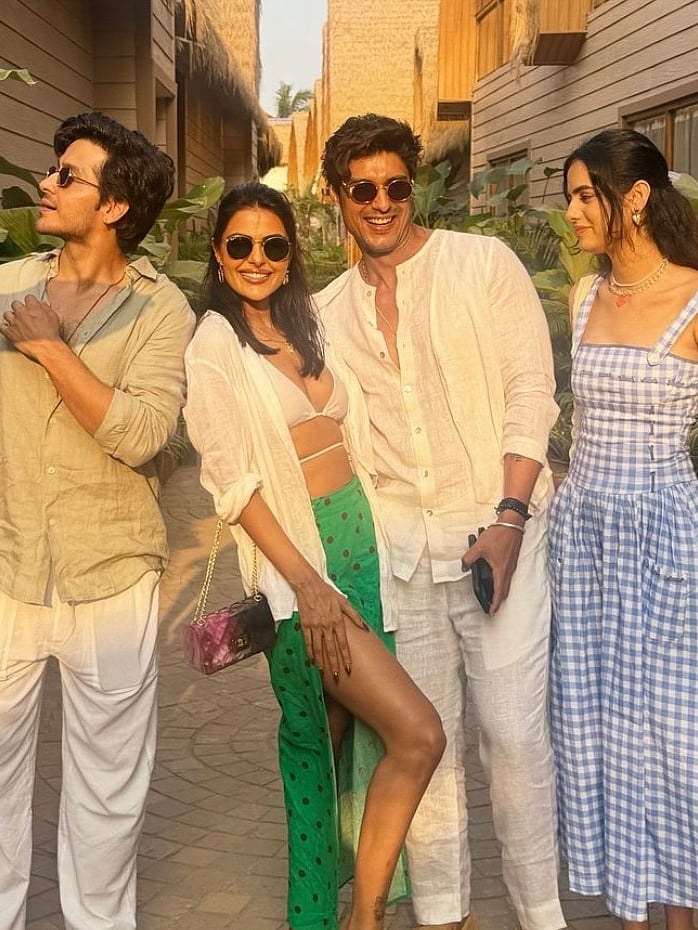In what seems like Mumbai’s own Erin Brockovich story, local residents of Govandi's M ward , through their repeated and persistent petitions, complaints and even tweets, won a 13-year-old battle against city’s sole bio-medical waste treatment plant that was emitting harmful smoke causing grave health concerns in the area.
Environment minister Aaditya Thackeray on October 5 finally ordered SMS Envoclean Pvt Ltd to shift the plant to Khalapur, .
SMS Envoclean has been asked to submit a plan on shifting the plant to Khalapur within 10 days. While talking to press he said, “After the site is finalised and various permissions from state bodies the plant will shifted within a year.”
Meanwhile, the company has been directed to operate within permissible limit of capacity. Right now the excess waste load is transferred to Taloja for treatment as per Maharashtra Pollution Control Board’s (MPCB) last month’s order.
“This is a big win for us. There is always a way through legal procedure to solve an issue, rather than just protesting,” said advocate Saif Alam .
In 2009, the BrihanMumbai Municipal Corporation (BMC) and MPCB gave a contract to SMS Envoclean Pvt. Ltd to treat the city’s bio-medical waste. Although the contract was to build three plants for the same, as civic bodies were unable to find places for the other two plants, the entire city’s bio-medical waste was getting dumped at the Govandi plant and over the years the thick toxic smoke emitted from the plant had become a cause serious health concern for the residents.
“The smoke emission from the plant is so thick that it sticks to the skin, due to which most of the residents are suffering from skin-related issues, such as, skin darkening, acne, rashes on body and face, etc. Some people are also suffering from respiratory problems such as tuberculosis (TB) and asthma.I am suffering from acne for the last 5 years,” said Mohommad Ariz 22, resident of Shivaji Nagar, Govandi.
With the city getting hit by the pandemic, the health hazard that the plant was posing to the residents had increased manifold. All the COVID-19 waste including masks, gloves, Personal Protective Equipment (PPE), syringes, blood-soaked tissues, swabs, medicines, etc from hospitals and quarantine centres across the city was getting dumped in this plant, exposing the residents to high risk of COVID-19 infection. “I have been living here for 35 years but the problem had increased significantly in the last 5-6 months. We were struggling to breathe. The air was thick with pollution,” said Mohommad Khan 39, resident of Govandi dumping road.
The Govandi and Deonar are already the worst-hit areas with a mortality rate of 9.8 per cent.
“The health hazard caused by the plant, especially during this pandemic, forced us to take a legal route and we sought help from advocate Saif Alam,” said Shaikh Faiyaz Alam 26, a social activist and resident of Kamla Raman Nagar, Dumping Road, Govandi.
The residents filed a complaint to the Central Pollution Control Board (CPCB) on6thJuly. “They instructed MPCB to take action, but when MPCB didn’t respond for two months, we sent a legal notice through our advocate. We were then told by SMS Envoclean’s Amit Nevalkar that there is no smoke emission from the plant. As proof, we put videos of the same on social media,” Alam said.
The residents then submitted a request letter with signatures of 100 citizens seeking a meeting with the environment minister. On October 5,the minister finally conducted a meeting with the officials and directed SMS Envoclean, to take necessary actions.
“We had sent a letter to the environment minister requesting him to shift the plant to a non-residential area to which he responded and directed that the SMS Envoclean be shifted outside the city. We thank Shri Aditya Thackeray for looking into the matter, but we still didn’t receive a written reply on our notice,” added Alam.
Name: Siddhesh Raghwendra
College: SIES College of Arts, Science and commerce, Sion (West)
Course: BMM
Year: Third Year
Want to contribute from your locality in Mumbai or MMR? Write to us at fpjmumbailocal2020@gmail.com.









